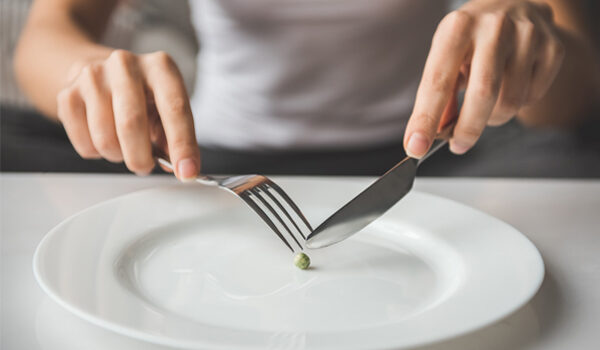
No one can really say for sure what is going to happen in life and which events are the most difficult, but a breakup of a marriage and divorce certainly top the lists of the most severe and stressful things one might experience, right after the death of a loved one.
People have different coping mechanism and levels of resilience, but at such moments, many tend to break down and develop depression, substance addiction or an eating disorder. This is something that further complicates the recovery process and the life of the remaining part of the family that usually involves the children as well.
Everyone is affected by divorce and after such a loss, people feel insecure, lost and as if they have failed themselves and their kids. It’s definitely not easy pulling yourself together after a divorce as now you need to find all the strength and energy you once invested into building your marriage to use for rebuilding your life again and taking care of your children.
The recovery process may take from several weeks to several years and one of the first steps to take is recognizing you need help. Not everyone in your environment will be responsive, but it only means you should be persistent and find the strength to take care of yourself as well. With therapy, medication and lots of self-love, you will emerge from that dark place and feel like yourself again.
The Link Between Alcohol Abuse and Eating Disorders
For some people, alcohol abuse and eating disorders may be a way to numb the pain and make their problems and anxieties go away, but it all comes with a huge price tag. It cannot be stressed enough how much damage to your body is caused by a prolonged restriction of essential nutrients from an eating disorder and by overindulgence in alcohol. Vital organs may be irreversibly damaged and it can even lead to death.
Researchers say that the underlying root of all addictions, including alcoholism and eating disorders, is that they serve as an escape mechanism from all the difficulties that follow a stressful event or a trauma such as divorce. Drug use, excess consumption of alcohol, anorexia, bulimia, and over-exercise are all coping strategies that give immediate relief from pain, sadness, anxiety, fear, and stress.
Alcohol can numb the symptoms, and even people suffering from anorexia use it to reduce their appetite. Alcohol is also used to relieve guilt, avoid meals and erase shame the person feels if they think about food. In cases of bulimia, alcohol can be used to trigger vomiting which often leads to dehydration which additionally challenges recovery and treatment.
All these behaviors are used as an attempt to address some kind of lack in life, such as a loss of a partner, and they all affect the brain just like drugs, by altering mood and numbing feelings.
Ways of Coping and Treatment
If you are currently in a divorce process, you need to know you’re not alone. This is not said in order to diminish the weight of your decision and complexity of the whole process, but it only means that having that knowledge that there are others struggling with the same issues can be very helpful and offer a valuable opportunity to recover and heal.
This is the reason therapy and support groups have been very effective in recovery after stressful events, including divorce. In a group therapy setting, people get a sense of validation, understanding, empathy, and normalization. Just having someone to relate to and share can make a huge difference.
However, in cases of eating disorders and alcohol abuse, group therapy isn’t enough. On their own, these disorders are quite a danger to health so the best course of action is relying on professional medical help to treat both disorders at the same time. This is important because if one is addressed without the other, the risks of setback and relapses greatly increase.
The first step in treating a co-occurring alcohol use and eating disorder is alcohol detox which due to the severity and complications from alcohol withdrawal is best done in a treatment facility where it can be handled and monitored by healthcare professionals.
After the detox phase, the patients are put into either inpatient or outpatient treatment program and both of them usually combine nutrition counseling for the eating disorder, medical therapy if necessary and counseling and group therapy. Each case is specific so each person will be given an individualized treatment and recovery plan.
The Self-Care Process
Just like providing care for your kids and other family members is something you normally do, you must also take care of yourself in this process, both physically and mentally. Start with the physical aspect and make sure you eat well, bathe regularly, take your medication and sleep sufficiently. These things may sound too obvious for most people, but when surviving the post-divorce period, it can be quite hard to manage everything
You need to be intentional in everything you do so making a list of daily “healing and recovery chores” can be a great thing. It can range from simple daily tasks to talking to people and asking for help and support, walking your pets and simply being alone at times. Whatever you do, it should be aimed and keeping the stress levels as low as possible and doing your best on the given day.
Divorce is certainly one of the most difficult things you might need to survive and if there are children involved and you have a problem with alcohol or eating disorder, it gets heavy almost beyond endurance. However, there is a way out and you need to make sure you find what works best for you and persevere.
Isabel William is consultant by day and a blogger by night and Mom to twins 24/7. Here ares of interest includes education, well being, mental health, as well as self-improvement.











Add A Comment